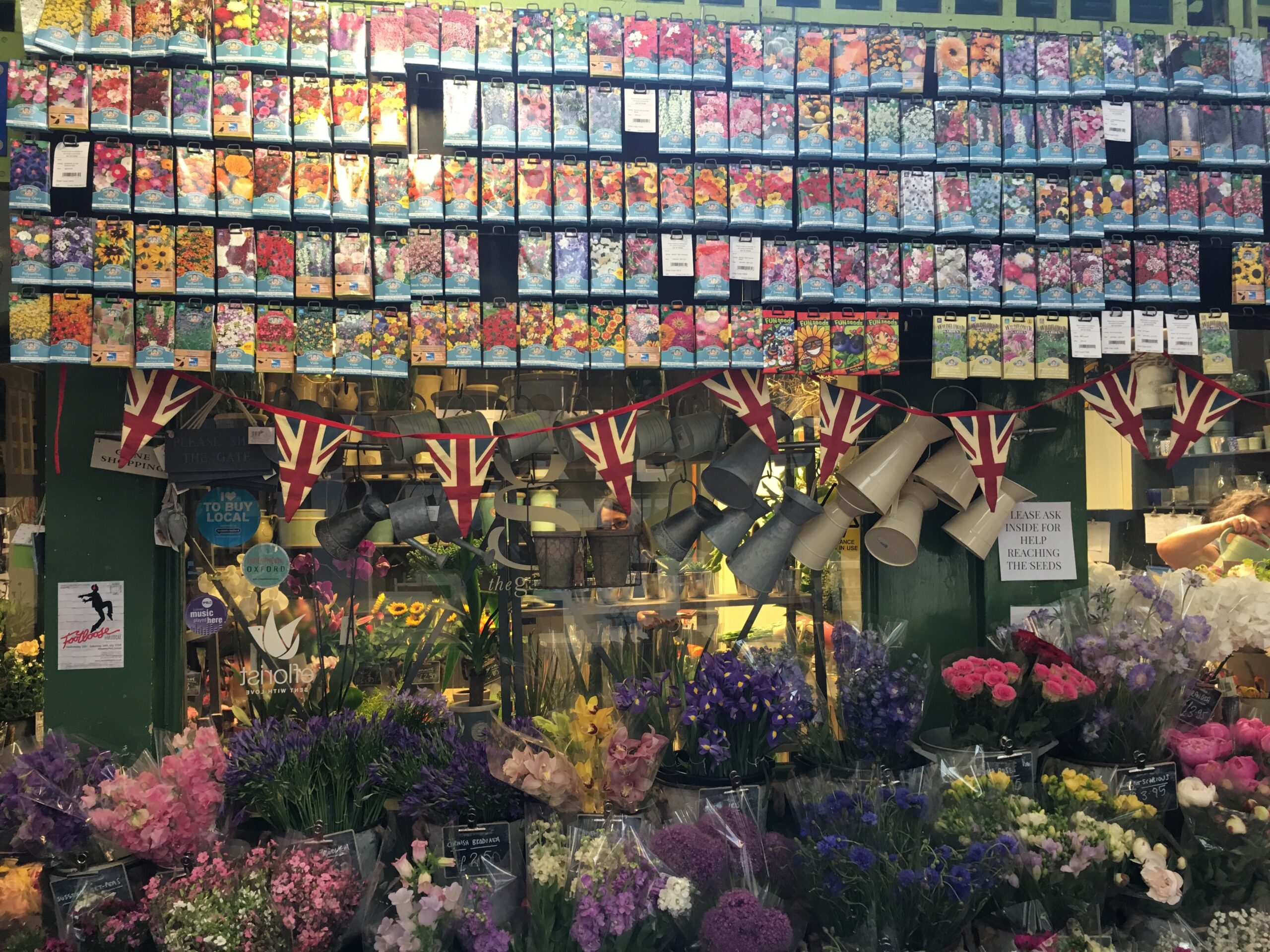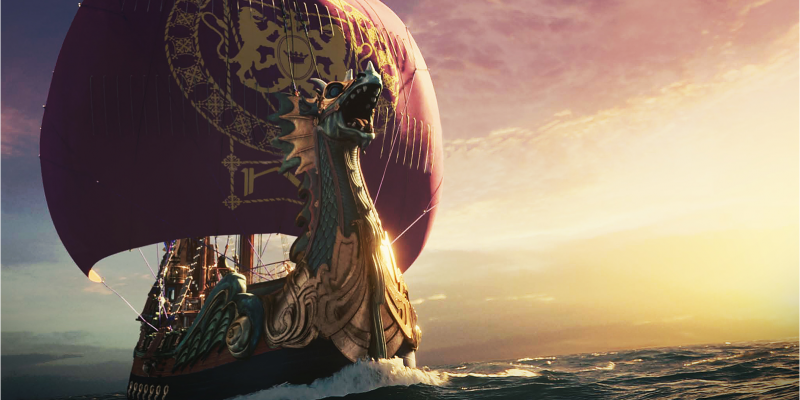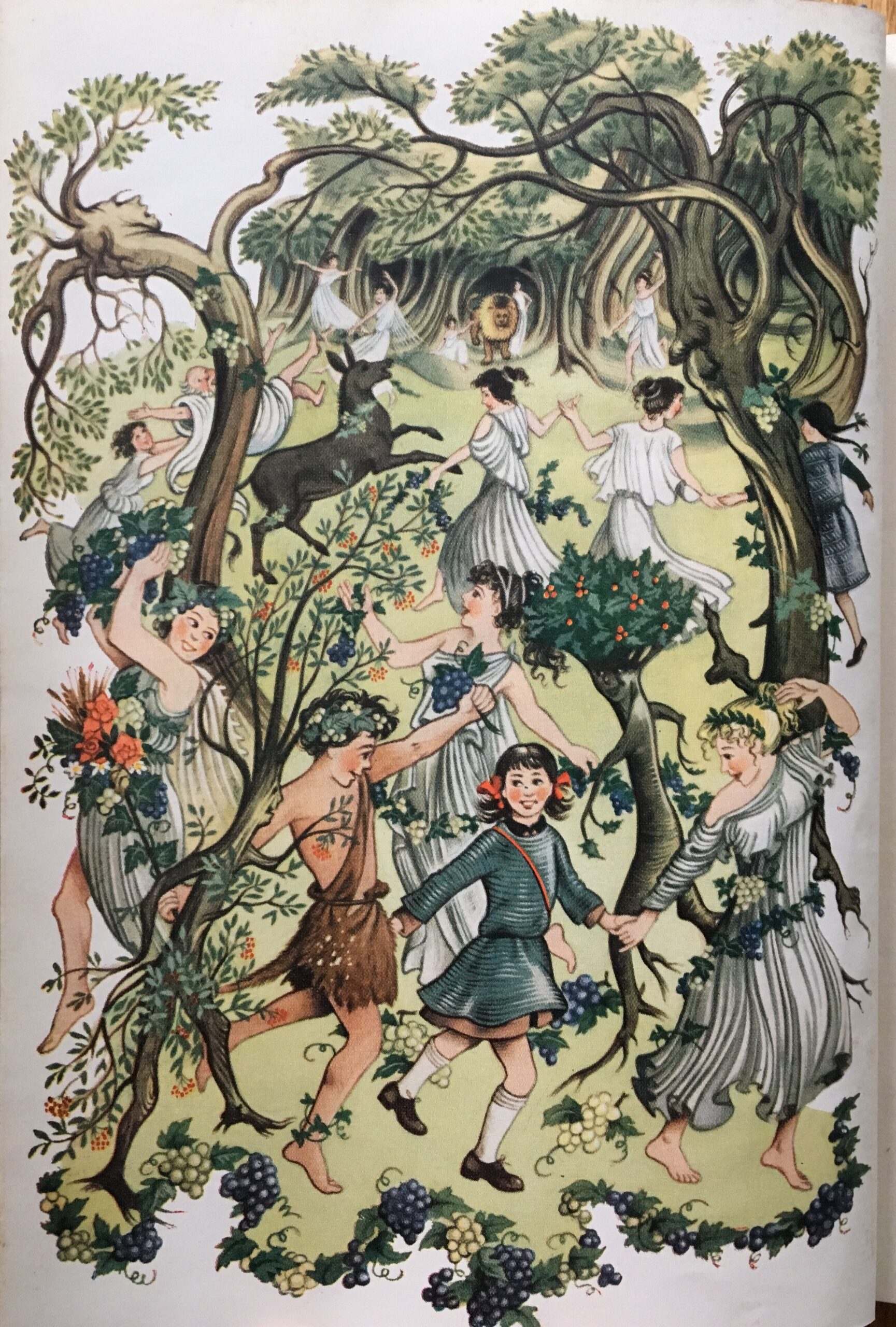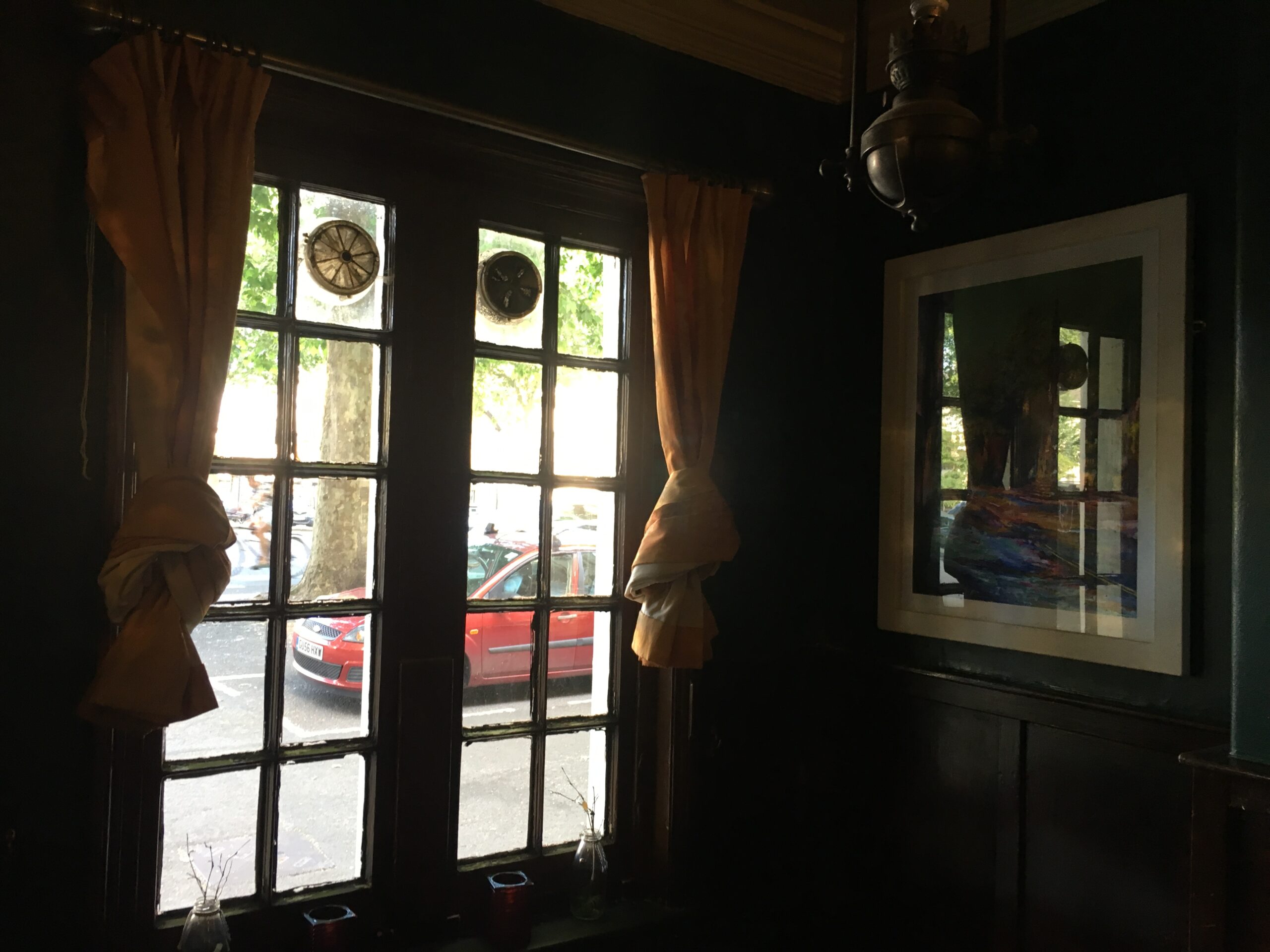Read or Listen
I have just completed reading, rather re-reading, The Magician’s Nephew, the penultimate book in C. S. Lewis’s Chronicles of Narnia series. I have to admit, this is my favorite book. I always look forward to meeting the stubborn Diggory and the ambitious, wise, and cautious Polly. I anticipate the moment that the sniveling Uncle succumbs to groveling at the feet of the great and evil queen of Narnia, the White Witch. And I love, I love, the cosmogony of Narnia beautiful rendered as Aslan calls a new world into existence and seeks to protect it from the great evil, or “neevil,” as the animals say, that has inhabited this perfect land from the start. Aslan’s promise comes in the familiar form of a perfect garden with a Tree of Life at its heart.
In the creation parable described in the novel, Aslan began creating Narnia in a void world space. Simultaneously, Diggory, Polly, The White Witch, and an unsuspecting crew of magnetic followers arrived in that land by jumping into the pool; from the “land between the worlds.” Aslan speaks and moves throughout the land, and as he does, light appears, and then, in slow succession, life and the world is born. I will not attempt to recreate it here because C. S. Lewis does a fabulous job of it, and I highly recommend you go and read it for yourself!
The fascinating religious reflection in this story is the concept of unavoidable evil and a plan to protect creation until they are ready. Proper timing is a concern of Aslan, the god-figure in the series. It was an accident (of fate?) that Diggory and Polly brought the evil White Witch from her own deceased world into this brand new and, until its inception, a pure world. Aslan knew about the evil, and he took time to warn the elders of the new world. He also asked Diggory to make a sacrifice to assist in protecting the new land. There is a secret and exclusive garden, a tree with exceptional fruit, and a great need for restoration. All this has me thinking about Genesis 1-2, which I have been reading several times this past year, with special attention to the magical tree at the center of the garden. The tree, which is the explanation for so much that goes wrong in humanity. I speak, of course, about the Tree of the Knowledge of Good and Evil.
In Genesis, the Tree of the Knowledge of Good and Evil is not the only tree of special properties; there is also the Tree of Life. But it is the one tree that humanity is warned from consuming. Regardless of God’s warning (or test?), the woman is curious and engages in a conversation with a “crafty” serpent; as a result, she determines that she should eat the fruit. Her partner follows her lead. In The Magician’s Nephew, there is a fruit tree in a forbidden garden. Diggory is offered the same test of temptation that befell the first humans on Earth, to be obedient to the lord of the land, Aslan, or steal a piece of fruit and save his mother. However, unlike in the Genesis narrative, Diggory passes the test and is obedient. As a reward, his mother is granted health. Diggory is very fortunate for Aslan’s grace toward him, especially because he already had unwittingly brought an evil being into this new and otherwise perfect world. Aslan promised to protect the inhabitants of Narnia for many generations, but he warned that a time would come when further debt would have to be paid to negate the evil. You can read more about that in The Lion, The Witch, and The Wardrobe.
There are clear parallels in The Chronicles of Narnia to the message of Christianity from Creation to the salvific sacrifice of Jesus, the Christ. Most people focus on the sacrifice of Aslan in The Lion, The Witch, and The Wardrobe as a parallel to the Christ in the gospels. Very little attention is given to the description of creation and original evil in The Magician’s Nephew. As an Old Testament scholar, I am taking a moment now to urge you to read this very short novelization of a religious cosmogeny. I can’t guarantee it, but I’m pretty sure you won’t have any regrets!
Read other blogs about The Chronicles of Narnia, or explore my comments on other fictional literature.

Dr. Erica Mongé-Greer, holding a PhD in Divinity from the University of Aberdeen, is a distinguished researcher and educator specializing in Biblical Ethics, Mythopoeia, and Resistance Theory. Her work focuses on justice in ancient religious texts, notably reinterpreting Psalm 82’s ethics in the Hebrew Bible, with her findings currently under peer review.
In addition to her academic research, Dr. Mongé-Greer is an experienced University instructor, having taught various biblical studies courses. Her teaching philosophy integrates theoretical discussions with practical insights, promoting an inclusive and dynamic learning environment.
Her ongoing projects include a book on religious themes in the series Battlestar Galactica and further research in biblical ethics, showcasing her dedication to interdisciplinary studies that blend religion with contemporary issues.



